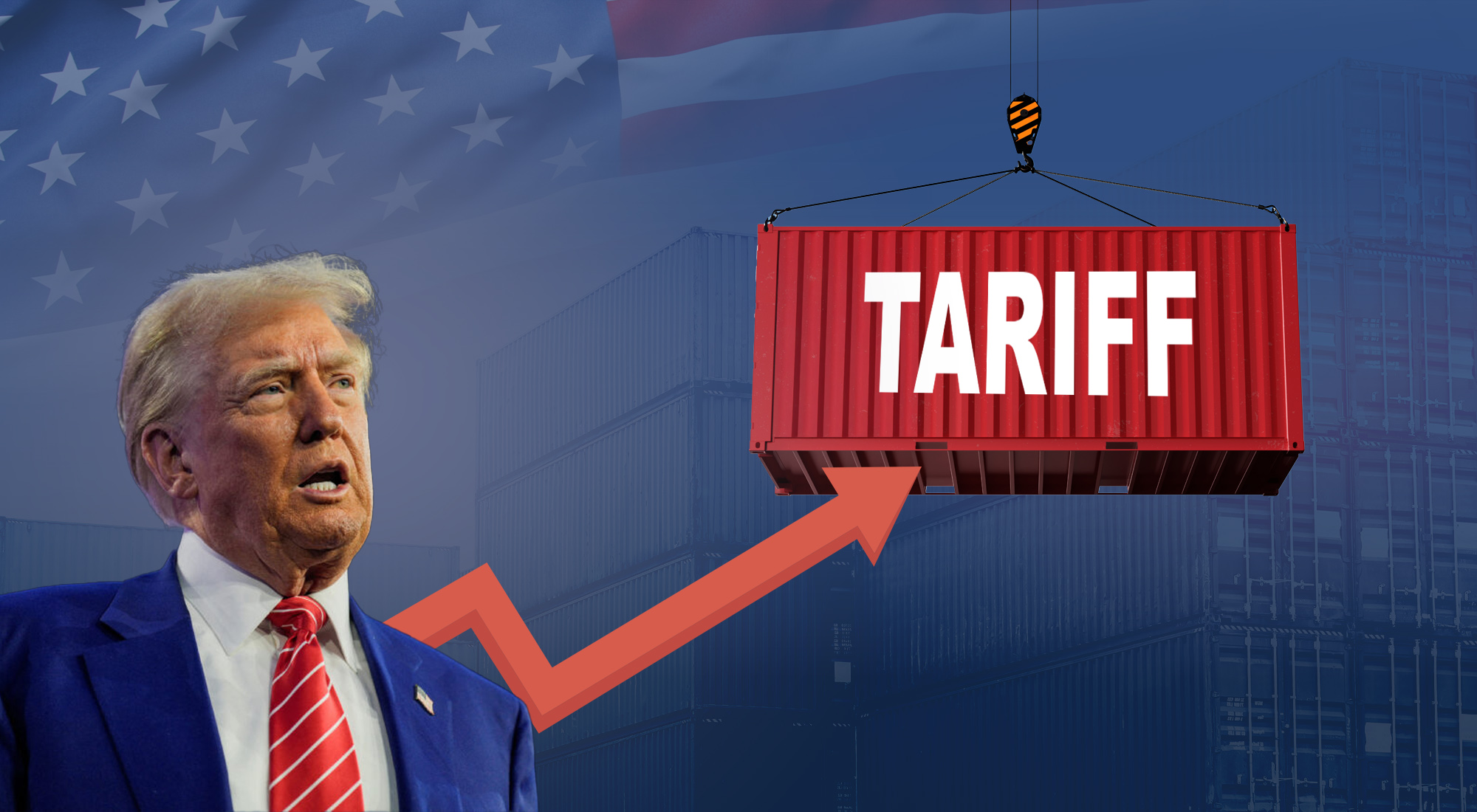A recent economic study by TRENDS Research & Advisory has examined the global repercussions of United States President Donald Trump’s tariff policies, which took effect on April 2.
The TRENDS Economic Studies Department study highlights that these measures could escalate trade protectionism and intensify economic tensions between the U.S. and its key trading partners, ultimately affecting global trade and investment stability.
The study highlights that the global economy already faces significant challenges, including the sovereign debt crisis, persistent inflationary pressures, and disruptions in international supply chains. The new tariffs imposed by the Trump administration on China, the European Union, and several Asian nations may further destabilize global trade, potentially prompting retaliatory measures from affected countries.
The study notes that global financial markets reacted sharply to these decisions, with U.S. stock futures dropping by four percent and significant tech stocks experiencing declines. Meanwhile, gold prices and the Japanese yen surged as investor concerns grew.
While the Trump administration’s tariff policies aim to reduce the U.S. trade deficit and boost domestic industry, the study warns that they could negatively impact American businesses and consumers by increasing import costs and product prices. Additionally, these policies could reshape global trade relations and alter the international economic landscape in the coming years.
Given the mixed international responses, the study concludes that the next phase may witness a further escalation of global trade conflicts, with the possibility of new negotiations or additional tariffs from both sides—placing the global economy at a critical crossroads.



